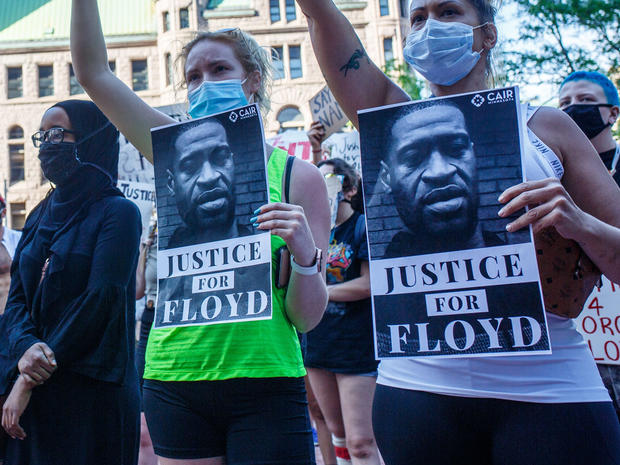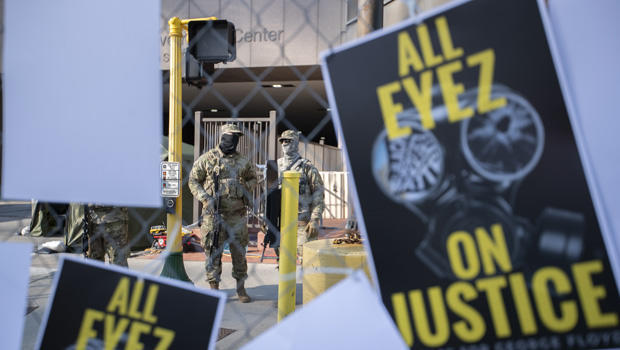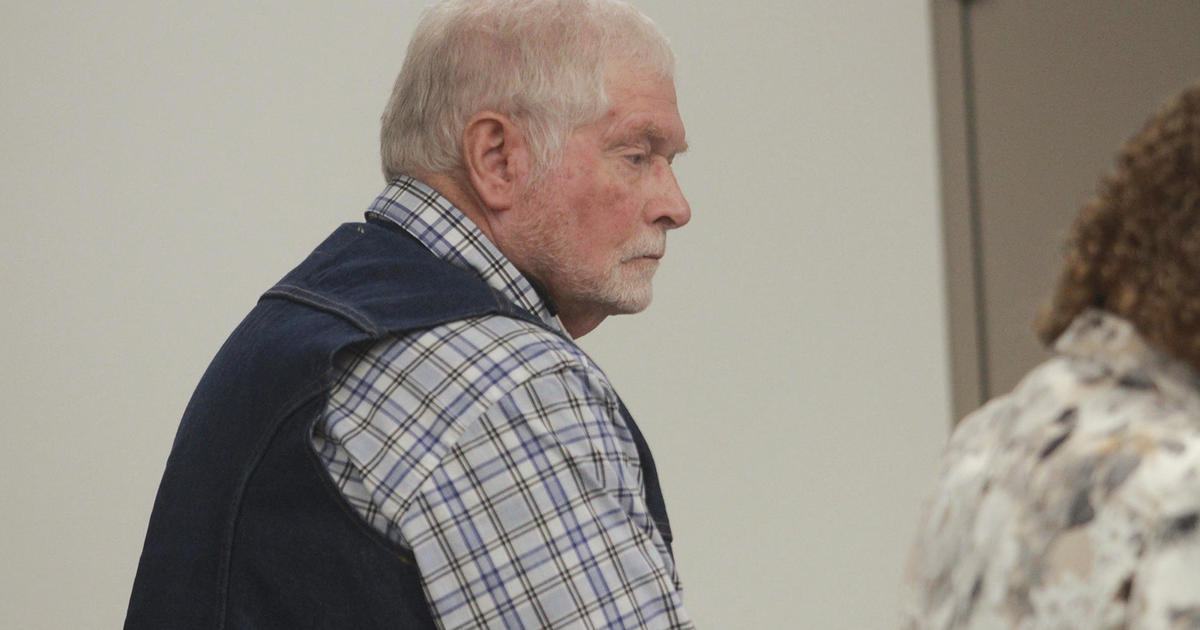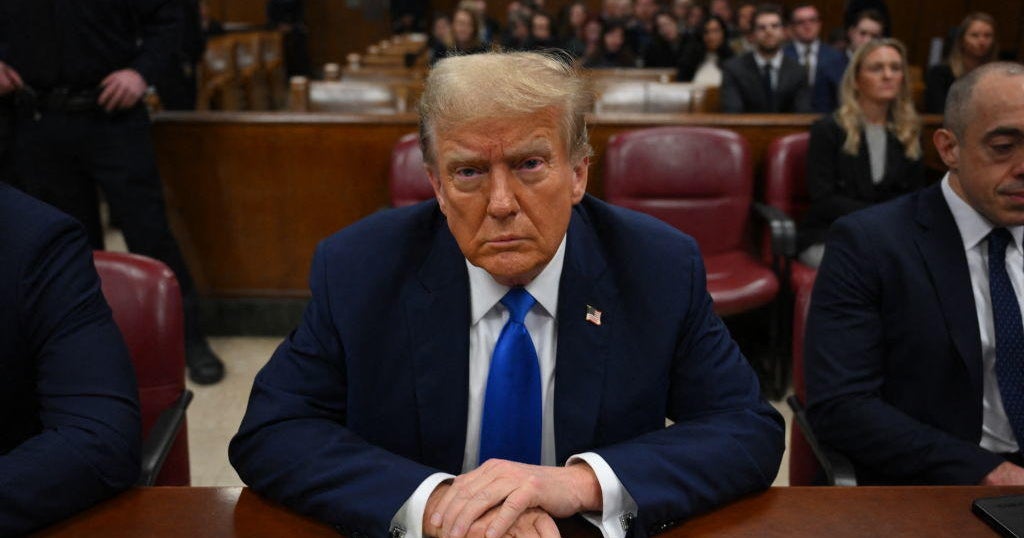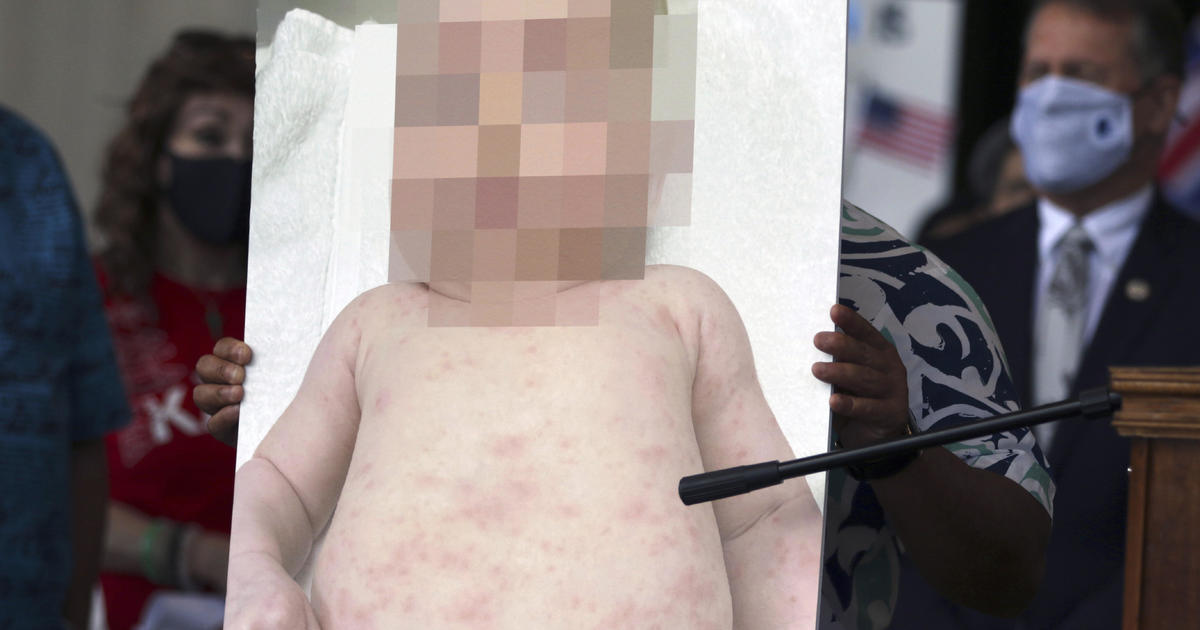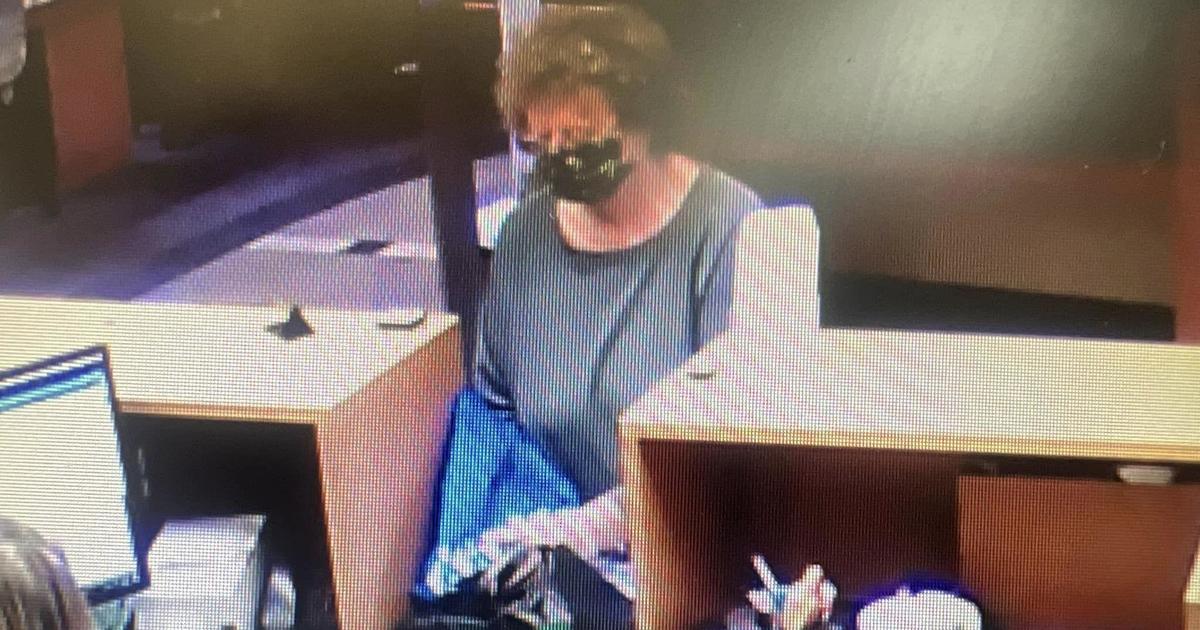Floyd family attorney says defense trying to "assassinate" George Floyd's character
An attorney for the family of George Floyd said the defense in the trial of former Minneapolis police officer Derek Chauvin will try to "assassinate" Floyd's character.
Opening statements begin Monday morning in the highly anticipated trial of Chauvin, who is accused of murdering Floyd 10 months ago by kneeling on his neck for about nine minutes.
A bystander recorded the arrest, and that video fueled one of the largest protest movements in U.S. history. Demonstrators around the world demanded an end to police brutality and systemic racism.
Chauvin, a 19-year police veteran, is charged with second-degree murder, third-degree murder and manslaughter. Chauvin has plead not guilty.
The prosecution is expected to rely on the video footage of Chauvin kneeling on Floyd's neck while the defense will argue the fentanyl found in Floyd's system, along with his underlying health conditions, contributed to his death, reports correspondent Jamie Yuccas.
Minneapolis attorney Joe Tamburino, who has no connection with this case, told Yuccas, "Day one, you're going to see both parties come out of the chute strong. From the prosecution side, they're going to be arguing unreasonable force; from the defense side, they're going to be arguing cause of death."
On Monday, Floyd family attorney Ben Crump told "CBS This Morning" co-host Gayle King that the defense team will try to distract from the video of Floyd's death by impugning Floyd's character. "They're going to call [Floyd] everything but a child of God," Crump said. "They're going to try to say, Gayle, that because he had a trace amount of drugs in his system that that's what killed him and not what we saw on that video, where he was tortured to death for eight minutes and 46 seconds.
"That is something they're trying to do, to distract us from what we saw in that video. Gayle, for eight minutes and 46 seconds, his knee is on his neck. If that is not intentional, you don't know what is. Even under the Geneva Convention definition of torture, this would be a crime. So, the question is, in America, are we ready finally to have equality and justice for all, even if you are a marginalized person of color?"
Crump attributed Floyd's death to an "overdose of excessive force. The medical autopsies conclude that the main cause of death was asphyxiation by homicide. Any and everything that you're going to hear today is just an attempt to assassinate his character now that they unjustly killed this Black man."
Crump also challenged those who say it is a hard case. "This murder case is not hard. You just look at that torture video of George Floyd. Had George Floyd been a White American citizen, nobody would be saying this is a hard, difficult case."
Also on "CBS This Morning," Floyd's brother, Philonise Floyd, thanked protesters who marched amid the coronavirus pandemic: "They put their lives on the line for what was right, and I want to thank them for that. ... We loved our brother. And a lot of people around the world love him. And you can see that by the way that people march around the nation. They're not just doing this for anybody; they're doing this for somebody who they know should still be here living and speaking right now with us."
On Sunday night, members of the Floyd family joined supporters at a prayer vigil and rally, where the Reverend Al Sharpton asked, "Is America prepared to hold police accountable?"
The trial is expected to last up to four weeks.
City and state officials could spend tens of millions of dollars in security measures at the courthouse in preparation for potential chaos once a decision is made in the high-profile case.
Tamburino said he has never seen a trial like this: "I mean, we have walls, we have fencing, concertina wire, National Guard, police. It's a little unnerving."
Tamburino told Yuccas the trial has already been unusual — seating a jury took more than two weeks.
A diverse set of jurors will examine the evidence in this case. The panel of 15 includes nine people who are White and six who are Black or multiracial. Fourteen will be seated; one person will be dismissed Monday if all 15 show up. That means 50 percent of the core 12 jurors could be Black or multiracial, compared to 17% of the county's population.
Also, for the first time in Minnesota, a case will be televised and livestreamed for all to see.
Yuccas asked Tamburino, "Why do you think it's important specifically to this case that people see?"
"Transparency," he said, "because in this day and age, there's so much distrust with government that to actually have a completely transparent process is extremely important."
Crump also said that transparency during the trial was essential for the millions who had viewed the viral video of Floyd's death. "If people didn't have a result that they don't believe the process was fair and transparent," he said, "what we saw in May and June with the protests will be child's play to what we will see in the aftermath of this verdict. That's why it's important we have transparency. People got to know that it was fair for George Floyd's family, not just for the police officer."
